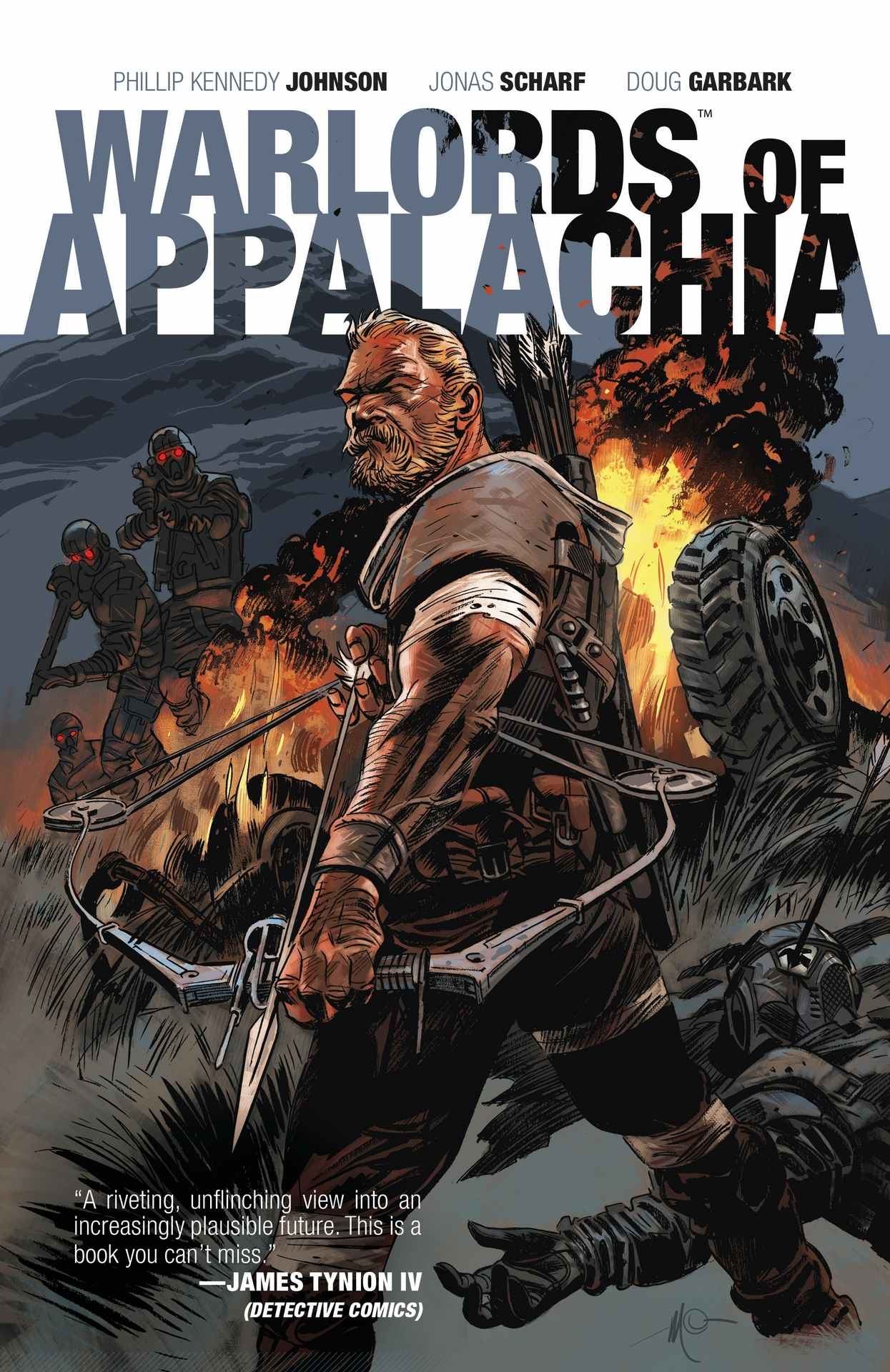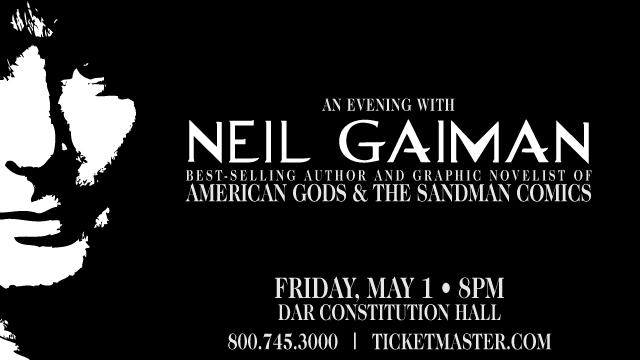This weekend, I heard author Neil Gaiman speak at Constitution Hall, part of his An Evening With Neil Gaiman series. Like his work, it was hard to categorize… Not quite a lecture, not quite a performance, not strictly a reading but stories were read… whatever you call it, something happened, and Neil Gaiman was there, along with roughly a couple thousand other people, and although he didn’t know it, I was there too. As a huge fan of Gaiman’s work, it’s something I’ve wanted to see since I learned it was a thing.
Like any reader, I have writers I follow, and like many writers, I have my special favorites I turn to when I need inspiration for my own work. There are books I read to improve my dialogue, or comedy, or for their frilly eloquence or economy of language or whatever else I need for a particular story or character. Neil Gaiman’s books are definitely among those I read for inspiration, but not for anything so specific. The simple fact is that he tells stories that people love, and I love them as much as anyone.
What speaks to me most about Neil Gaiman’s body of work is its diversity, something he spoke about at length in his talk. He makes “whatever the hell he wants,” whether they be novels or comics, movies or audio, science fiction or comedy or both, horror or children’s books or both. (The Truth Is A Cave in the Black Mountains is the perfect example: a dark, supernatural short story commissioned by the Sydney Opera House, read aloud, set to music and accompanied by projected illustrations.) I respect that tremendously. And the fact that he attracts a rock star following, not just online but in person, means it is at least possible to make all the things you love and find them an audience.
The talk lasted around 90 minutes. There wasn’t much of a format to it; audience members were invited to write questions on note cards as they walked in, and when Gaiman stepped up to the lectern he had them all in hand. The whole event was essentially a Q&A, in which he chose questions he found interesting or relevant and answered them… most with an interesting anecdote, a few with a funny retort, and some by reading an excerpt or short story.
For me, the highlight of the evening was his answer to the question: “What is the most important story you’ve ever heard, or ever told?”
As a musician and writer, Mr. Gaiman’s most important story instantly became one of my most important stories as well… one I intend to remember, if I’m ever given cause to question the value of the work we do as artists. It’s important enough that I asked Mr. Gaiman’s permission to share it here, which he kindly granted.
I recommend listening to Mr. Gaiman tell the story firsthand below, but if that’s not an option, the transcript is at the bottom.
I have no idea what the most important story I’ve ever told is. But one of the most important stories I’ve ever heard—as many of these stories are—was a family story.
My cousin Helen, Helen Fagan, is now 97 years old. She lives in Sarasota, Florida… has all of her marbles… I try to go and see her a couple of times a year, and we just talk. She will tell me—she’s a holocaust survivor—she will tell me about her experiences, sometimes, in the Warsaw Ghetto. Being on the run, trying to convince the Gestapo that she was just a Polish girl… all that kind of stuff.
She’s not a big reader. She doesn’t read my stuff. She’s very proud of me, she tells me. [audience laughs] When there’s a picture of me in the New York Times Review of books, she’ll read my reviews and comment on the grammar.
But she told me [a story from when] she was about 21. She was in the ghetto… The Gdansk ghetto. And if you had a book, it was punishable by death. Books were forbidden. And it wasn’t like you’d get a trial. Somebody would just stick a gun to your head. It was… very easy.
But somebody slipped her a copy of Gone With The Wind, translated into Polish. And she covered her window, and she stayed up until 1, 2 o’clock in the morning, terrified that somebody would see even a smidge of light, and she read it, and she hid it behind a loose brick in the wall. And she had 8, 9 year old girls who would come. Officially, they were there sewing. But she would teach them math, and grammar. And instead of teaching them, for the next two weeks, she would tell them the story of Gone With The Wind. She would stay up an extra hour at night, reading. And when they came, she told them the story.
I’d always thought that what I do is, fundamentally, kind of trivial. I make things up. I write about things that don’t exist. And then, I heard Helen telling me about risking death, in order to tell these 8-year-olds the story of Gone With The Wind. In order to escape. And I thought, You know? I’m never going to accept it again, if anybody tells me about escapism as if that’s bad. Because it’s much more important. It really is escape. It’s somewhere safe. It’s somewhere you can get out. And for those children, and for Helen, in that impossible place in that time, it was worth risking death for.
And that, for a writer, was really important for me to hear.


Leave a Reply